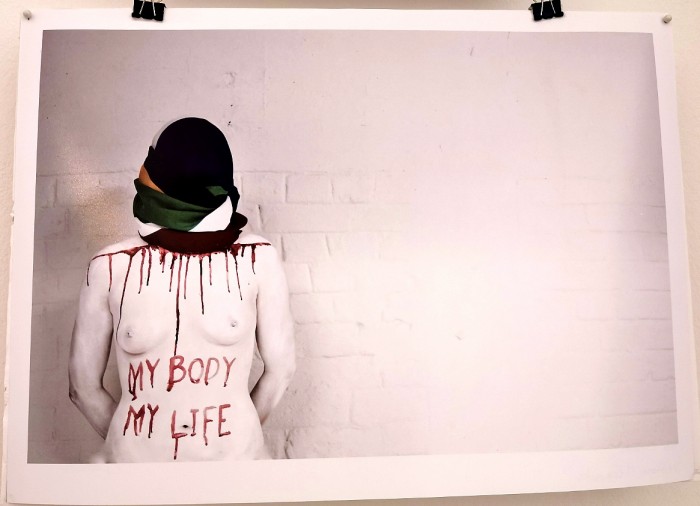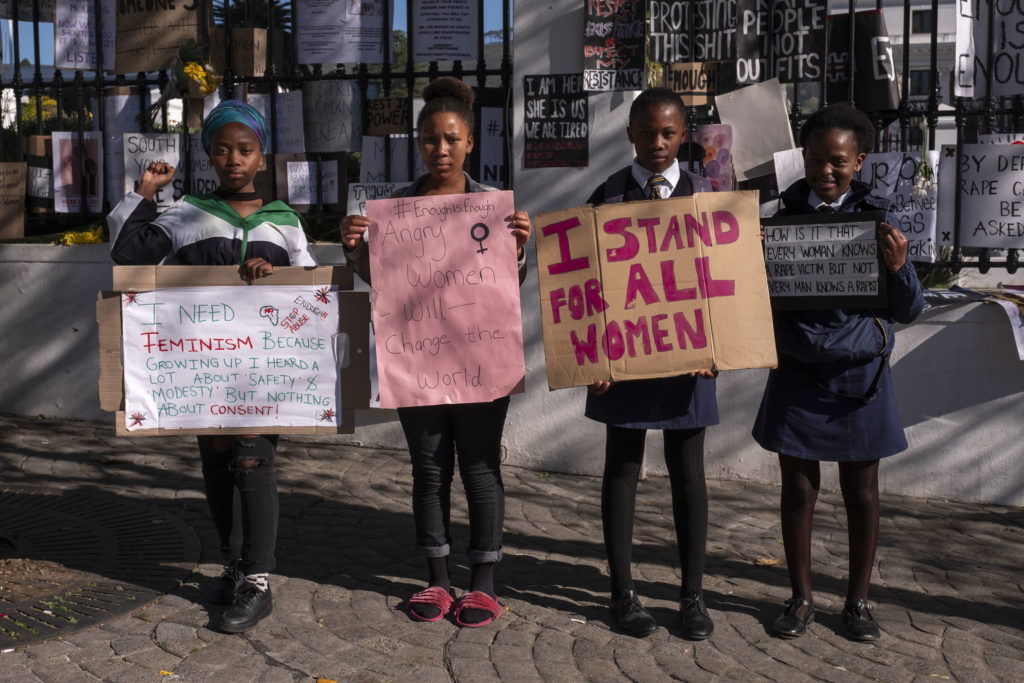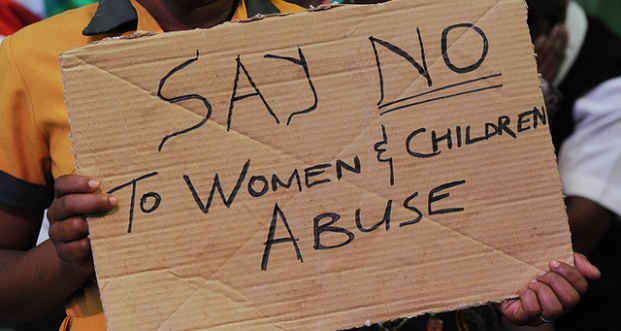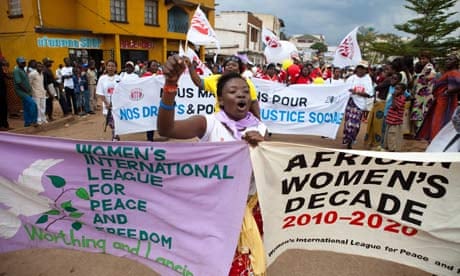
Say it out loud
(Gender-Based-Violence)
Irked is he
at the acronym
saying it hides
the word violence
Connected to jazz
is Nigel Vermaas
on evening Bush Radio
the 16 Days Campaign
at its end
Say it out loud
Gender-Based-Violence
don’t hide it
don’t let it hide
Behind an acronym
Behind a committee
Behind closed doors
Behind a veil a cloak
Behind a pandemic
Woman got a right to be
follows the little opinion
a Caiphus Semenya song
he finds fitting
He said it out loud
Bush Radio’s Nigel Vermaas puts his foot down on evening community radio.
By David Kapp
(Photo Credit: Design Indaba)


